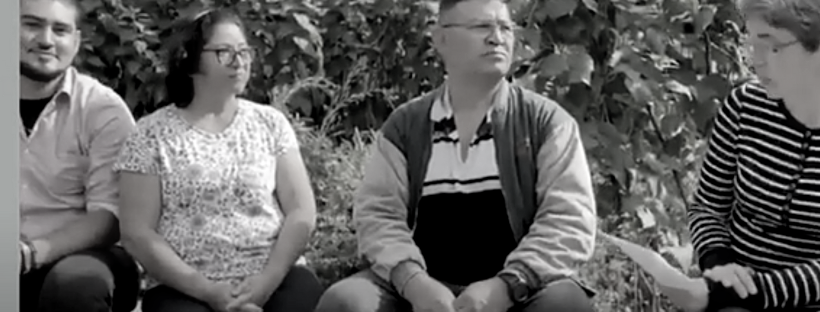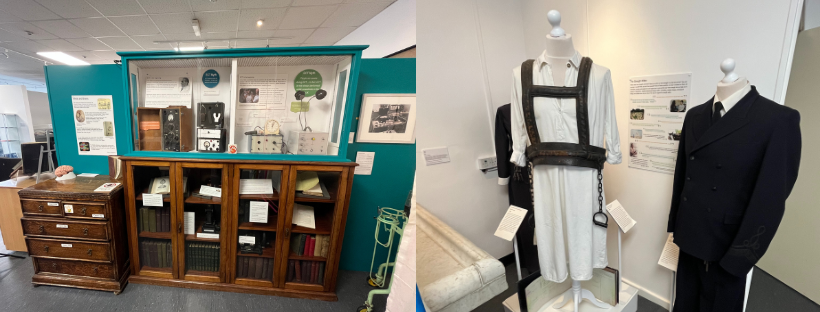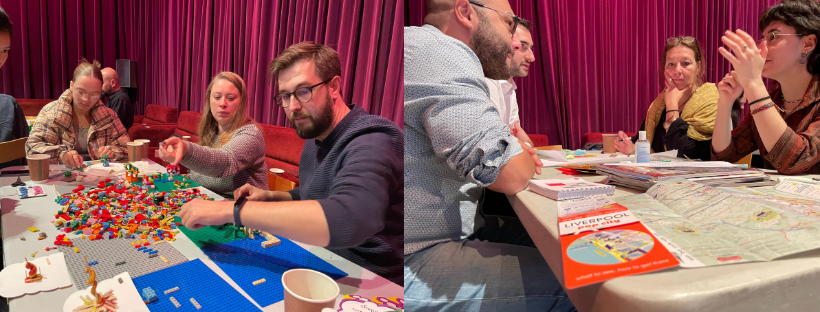BUILDING COMMUNITY CONNECTIONS

In the Building Community Connections project, a group of support organisations wanted to develop collaborative and community-led solutions to health inequalities in Calderdale. We worked with different communities to train local people as Community Reporters who were tasked with gathering lived experience stories about health issues, experiences of the pandemic and wellbeing topics from their peer networks.
The learning from these stories has informed the commissioning of local initiatives and interventions. This way of commissioning (in a more co-productive way) was quite new for the area and was an experiment for the partners involved.
We’ve worked with the project and its partners and stakeholders to capture the learning from this process. This short video summarises the key findings from this learning journey and experimental approach to commissioning and addressing health inequalities at a local level. Take a look!



